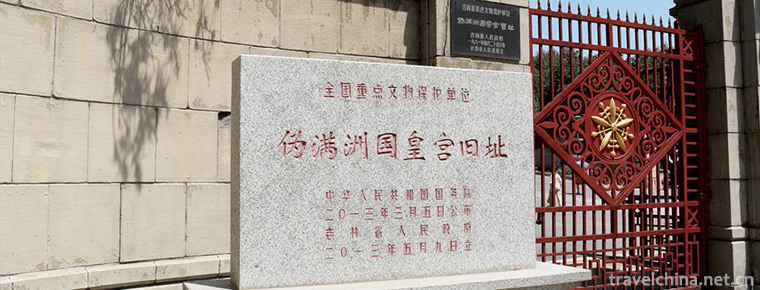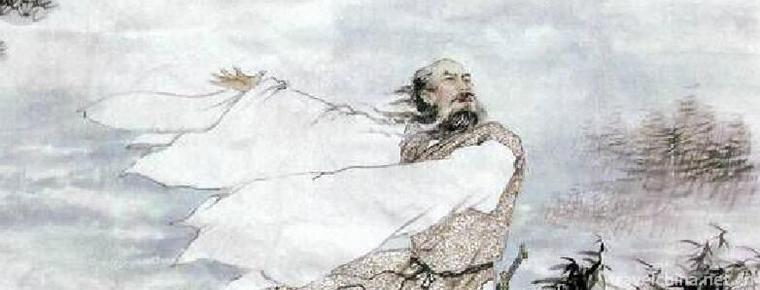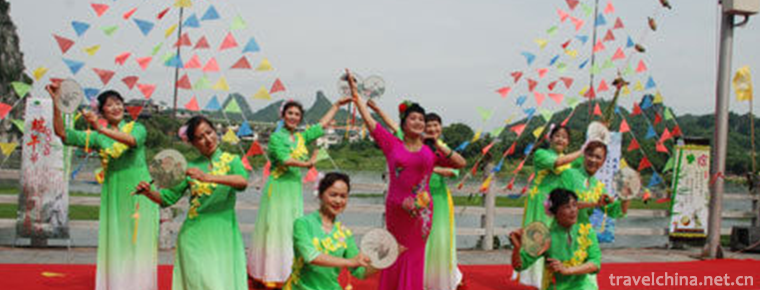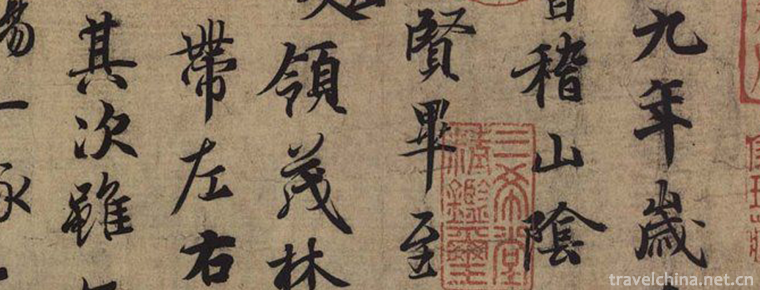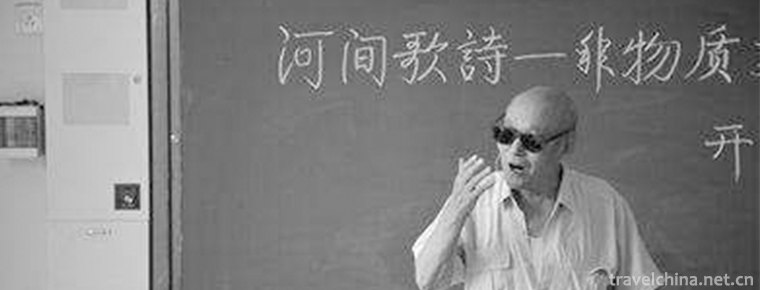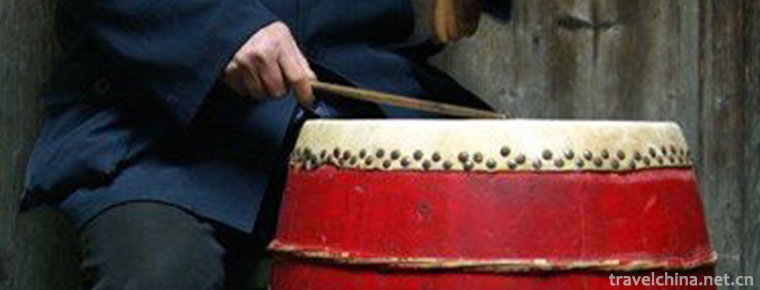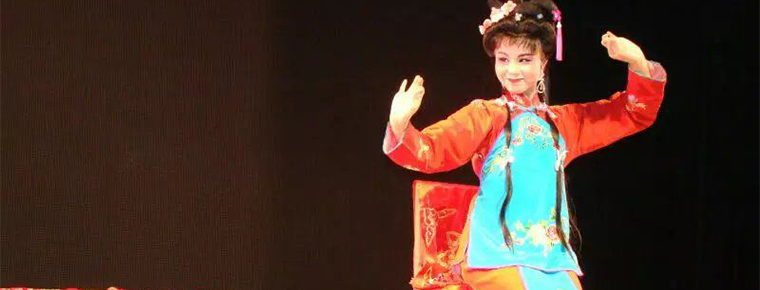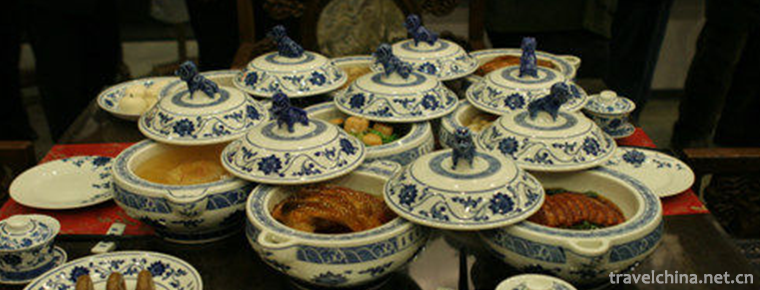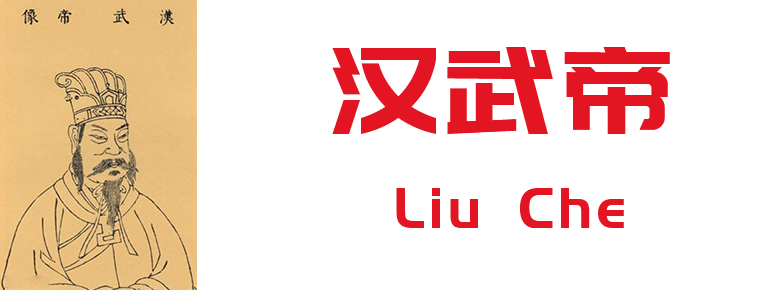Beijing Normal University
Beijing Normal University
Beijing Normal University is a key university directly under the Ministry of education. It is a famous university characterized by teacher education, educational science and liberal arts basic subjects. The predecessor of the school was the Beijing Normal University Hall, which was founded in 1902. In 1908, it was renamed the Beijing Normal School, and was set up independently. In 1912, it was renamed the Beijing Normal University. In 1923, the school changed its name to Beijing Normal University and became the first normal university in Chinese history. In 1931 and 1952, Beiping Normal University and Fu Jen University merged into Beijing Normal University.
Over the past hundred years, Beijing Normal University has played an important role in the patriotic movement such as "May 4" and "one two nine". Represented by Li Dazhao, Lu Xun, Liang Qichao, Qian Xuantong, Wu Chengshi, Li Jinxi, Chen Yuan, Chen Yuan, Hou Wai Lu, Wu, Hui, Hui, Han, Wei, and so on, a large number of famous teachers and sages are here to teach. After more than 100 years of development, the school has been adhering to the fine tradition of "patriotic progress, honesty and simplicity, seeking truth and innovation, and acting as a teacher" and the motto of "learning as a teacher and acting as a paragon".
During the period of "75" and "85", Beijing Normal University was identified as one of the first ten universities in China. During the "95" period, it was first included in the "211 Project" construction plan. In the centenary of the 2002 celebration, the Ministry of education and Beijing decided to jointly build Beijing Normal University. The Ninth Party Congress of Beijing included Beijing Normal University in the ranks of world-class universities supporting construction. During the "fifteen" period, the school entered the national "985 Project" construction plan. In 2017, the school entered the list of the first class universities in the world, and the 11 disciplines entered the list of "world-class disciplines" in the country.
Beijing Normal University covers an area of 1191 mu (Haidian campus, Xicheng campus and G campus of Changping campus). It is the main focus of school education and teaching activities. There are more than 24000 full-time students, including 10105 undergraduates, 12756 postgraduates and 1600 overseas students. There are 3 academic departments, 23 colleges, 2 departments and 10 research institutes. There are more than 470 books in the collection and 830 books in electronic books.
The comprehensive strength of Beijing Normal University ranks among the leading universities in the country. In 2002, Beijing Normal University became one of the first 6 universities to have the right to examine and approve undergraduate courses independently. There are 74 master's degrees and 39 first degree disciplines, 28 doctoral degrees, two master's degrees, 146 academic degrees, two doctoral degrees, 114 academic disciplines, and 25 postdoctoral research stations. 5 first level disciplines and 11 two level disciplines were awarded the national key disciplines, and 2 two level disciplines were awarded the national key (cultivation) disciplines. There are 5 first level disciplines: Beijing key disciplines, 9 two level disciplines, Beijing key disciplines, and 1 cross disciplines, Beijing key disciplines. The existing 39 disciplines cover 10 disciplines, forming a comprehensive disciplinary layout. According to the results of the first round of discipline assessment (the fourth round) issued by the Ministry of education's degree and graduate education development center in 2016, our school's education, psychology, Chinese language and literature, Chinese history, drama, film and television, geography and 6 first level disciplines were evaluated by A +, 2 first level subjects were evaluated by A, 7 first level subjects were evaluated by A-, and the number of A+ was ranked sixth in the national universities. In the world university rankings published by QS in 2019, our university ranked 277th, ranking tenth in mainland China universities.
Beijing Normal University is an important force in National Humanities and social sciences research and technological innovation. The school has 4 key national laboratories, 1 national engineering laboratories, 1 national field scientific observation and research centers, 1 national collaborative innovation centers, 2 key national research centers for teaching materials, 1 state-level think tanks (1), 9 key laboratories of the Ministry of education, 5 engineering research centers of the Ministry of education, 7 key research bases of Humanities and social sciences of the Ministry of education, 4 4 regional and national research and training bases of the Ministry of education, 12 key laboratories in Beijing, 4 Engineering and technology research centers in Beijing, Beijing university high tech innovation centers, Beijing key research bases for philosophy and Social Sciences, and new think tanks in Beijing. Regular publication of 25 professional publications.
Beijing Normal University is rich in educational resources and is an important base for the cultivation of high-quality innovative talents. Currently, there are 2 basic training disciplines for National Liberal Arts and 5 scientific research bases, 1 national basic science research and teaching personnel training bases, and 1 national pilot colleges. They are selected as the national top student training program for basic disciplines, the national university cultural quality education base, the national training base for teaching Chinese as a foreign language, the national training base for life science and technology, the national excellent traditional culture transmission base (Chinese Drama), the state-level experimental teaching demonstration center 4, the state-level virtual simulation experimental teaching center 2, the Ministry of education personnel training mode innovation experimentation area 5, and the national outstanding legal talent education and training base 2.
Beijing Normal University's teaching staff structure is reasonable and quality is excellent. There are 3120 teaching staff in this school, including 2064 full-time teachers, 92% full-time teachers with doctoral degrees, and 16% full-time teachers with overseas qualifications. There are 8 academicians, 15 academicians, 6 senior professors, 38 professors from Yangtze River scholars, 49 National Outstanding Youth funds, 25 people with planned talents, 6 teaching masters in state universities, and 6 national innovation research groups. Ten thousand people plan youth top talent, National Excellent Youth Science Fund winners, "Yangtze River Scholar Award Scheme" young scholars and so on, a total of 82 people.
Beijing Normal University has extensive international cooperation and exchanges. The school has signed a cooperation agreement with nearly 500 universities and research institutes in more than 30 countries and regions, and has worked with students from over 500 universities in the United States, Canada, Britain, Germany, Japan, South Korea, Switzerland, Spain, Hong Kong, Macao and Taiwan. The school has established 8 William institutes with University of Manchester, San Francisco, Italy, University of Oklahoma, Dawson College, Denmark, Italy, Marc, and USA. Receiving more than 4100 short and long term students from 130 countries and regions, the proportion of academic students in long-term international students is about 78.6%.
The Thirteenth Party Congress of Beijing Normal University further clarified the orientation of the construction of "comprehensive, research-oriented and leading world class universities with Chinese characteristics", and put forward the strategic plan of "three steps", and clearly entered the forefront of world class universities in the middle of this century. At present, the school is striving to build the discipline development system of "plateau support and peak guidance" and the integrated school running structure with two wings of Beijing campus and Zhuhai campus, deepening the comprehensive reform and promoting the development of various undertakings. Beijing Normal University is moving steadily towards the goal of building a world-class university.
(part of the data comes from the basic statistics of higher education at the beginning of the 2018/2019 school year).


-
The Museum of the Imperial Palace of Manchukuo
The Museum of the Imperial Palace of “Manchukuo†is located in Guangfubei Road, Kuancheng District, Changchun City. It is a Palace Ruins Museum built on the site of the Puppet Manchu Palac.
Views: 230 Time 2018-12-05 -
The Dragon Boat Festival
Dragon Boat Festival, also known as Dragon Boat Festival, Double Boat Festival, Midday Festival, Dragon Boat Festival, Zhengyang Festival, Bath Orchid Festival, Tianzhong Festival,.
Views: 99 Time 2019-04-28 -
Guangxi Wenchang
Wenchang in Guangxi is short for Wenchang, also known as Wenjuzi and Xiaoqu. It is the traditional Solfeggio art popular in the northern Guangxi Mandarin area, especially in Guilin.
Views: 107 Time 2019-05-01 -
Chinese character calligraphy
Chinese character calligraphy has been recognized by the world for its brilliant civilization of 5000 years and its incomparable rich written records. In this vast and profound history,.
Views: 192 Time 2019-05-02 -
Hejian song poem
Hejian Song and Poetry, Hejian City, Hebei Province, local traditional folk literature, one of the national intangible cultural heritage..
Views: 108 Time 2019-05-02 -
Lishui drum words
Lishui Drum Ci is a popular rap art in Liandu and its surrounding areas in Lishui City, Zhejiang Province. Lishui Drum Ci originated from the Tang Dynasty. During the reign of Emperor Li Shimin, it wa.
Views: 335 Time 2019-05-13 -
Sizhou opera
Sizhou Opera is one of the four major operas in Anhui Province. Its original name is Lahun Opera. It has a history of more than 200 years. Many people think that it originated in Haizhou, northern Jia.
Views: 120 Time 2019-06-16 -
Cuisine Skills of Official Cuisine in Zhili
The culinary skill of official dishes in Zhili is a precious cultural heritage of Baoding ancient city. Since the Qing Dynasty and the Republic of China, official cuisine and cooking skills in Zhili h.
Views: 144 Time 2019-07-25 -
Liu Che
Liu Che (July 14th 156 BC - March 29th 87 BC) Martial Emperor , Western Han Dynasty Seventh emperors (including Shao Di before and after). Politician And a litterateur..
Views: 135 Time 2019-09-07 -
Jiufeng Mountain
Jiufeng Mountain is located in Dabao Township, northwest of Pengzhou City, Chengdu City, Sichuan Province. The mountain range extends for more than 200 miles from Northwest Sichuan. From this point, Jiufeng Mountain stands.
Views: 315 Time 2020-11-05 -
Deyang secondary industry
In 2018, the total industrial added value of Deyang City was 101.28 billion yuan, an increase of 9.8% over the previous year. By the end of the year, there were 1376 Industrial Enterprises above Designated Size, and the added value of industries above.
Views: 321 Time 2020-12-14

